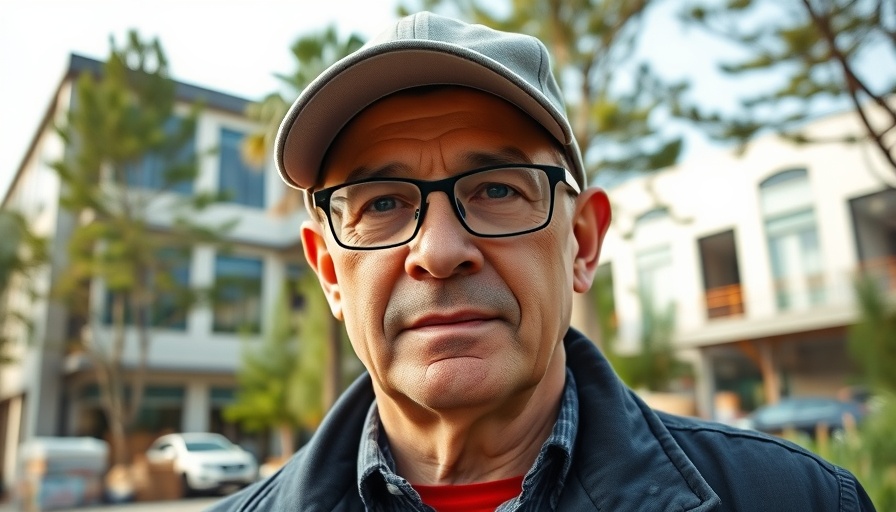
A Dangerous Misunderstanding: The Case of Jesús Escalona Mújicas
On April 9, 2025, Jesús Escalona Mújicas, a 48-year-old Venezuelan asylum-seeker, found himself in a nightmare scenario, being arrested by immigration agents who publicly labeled him as a "documented gang member" despite lacking any criminal record. His shocking experience raises lingering questions about immigration enforcement practices in the United States, particularly under the influence of the previous administration's policies.
Context Matters: Understanding the Alien Enemies Act
The claim that Escalona Mújicas was part of the Tren de Aragua—designated a foreign terrorist organization by the U.S.—is rooted in sweeping legal actions taken under the Alien Enemies Act, a law from the 18th century that was revived during the Trump administration. This law allows for the deportation of immigrants on tenuous grounds, raising concerns about its misuse against vulnerable communities, especially those like Escalona Mújicas, who fled violence and instability in their native countries.
The Realities of Asylum-Seeking: A Personal Journey
Escalona Mújicas arrived in Texas after a long career with Empresas Polar, a major food and beverage company in Venezuela, where he worked for nearly two decades. His character and integrity are emphasized by friends and coworkers, who painted a picture of a dedicated father and hard worker, contradicting the gang allegations leveled against him. This disparity between his documented past and the accusations thrown his way highlights the complex and often tragic nature of immigration enforcement.
Community Backlash and Support
Following his arrest, a social media campaign emerged in Venezuela supporting Escalona Mújicas and challenging the assumptions surrounding his arrest. Oswaldo Azuaje and other friends rallied behind him, sharing his story and affirming his innocence. Escalona Mújicas’s reaction to being labeled a gang member was one of disbelief; he declared, "Me? A gang member? I’m a person with good conduct," a powerful statement that encapsulates the fear and confusion many asylum seekers face when their identities are weaponized against them.
Striking the Balance: Immigration, Policy, and Public Perception
In an era where immigrants have been subjected to increasingly harsh scrutiny, Escalona Mújicas's case exemplifies the growing intersection of immigration policy and public safety narratives. This broader context reveals another layer of complexity, shedding light on how political decisions shape the realities of countless individuals seeking refuge and a new life in the U.S.
Future Implications: The Continuing Evolution of Immigration Law
With the political landscape shifting towards more inclusive policies under the Biden administration, understanding cases like Escalona Mújicas's is pivotal. As advocates work to restore protections for vulnerable immigrant populations, the echoes of policies like the Alien Enemies Act remain a pressing concern, with many asserting that due process rights are essential for all individuals, regardless of their immigration status. The potential for reform in immigration laws offers hope but requires persistent public awareness and advocacy.
Conclusion: Why It Matters
The story of Jesús Escalona Mújicas serves as both a cautionary tale and a call to action, encouraging engagement in discussions about immigration reform and the protection of human rights. As the U.S. navigates the complexities of its immigration system, how society treats those seeking asylum will reflect its values and commitment to justice.
 Add Row
Add Row  Add
Add 




Write A Comment